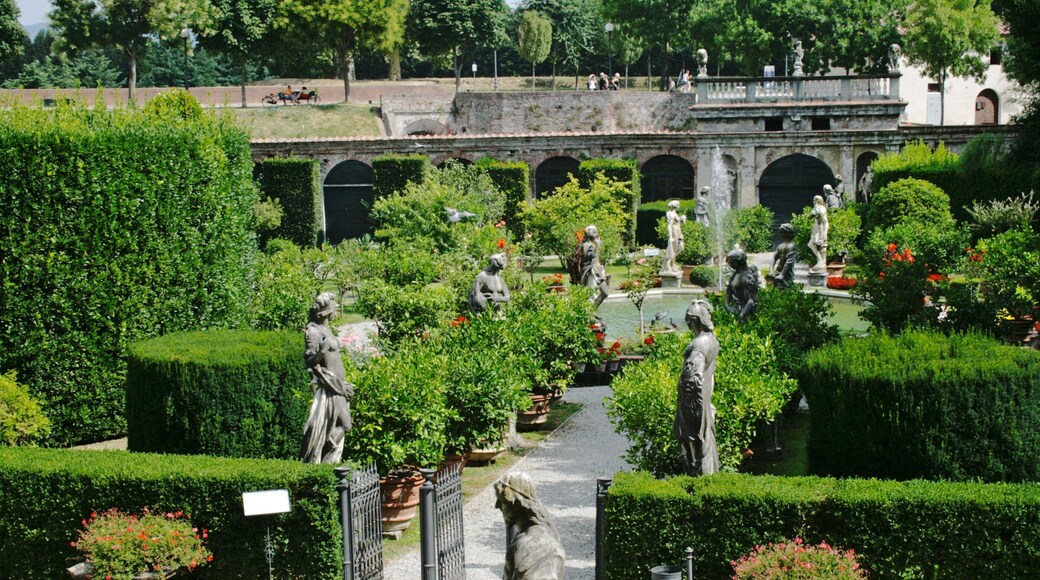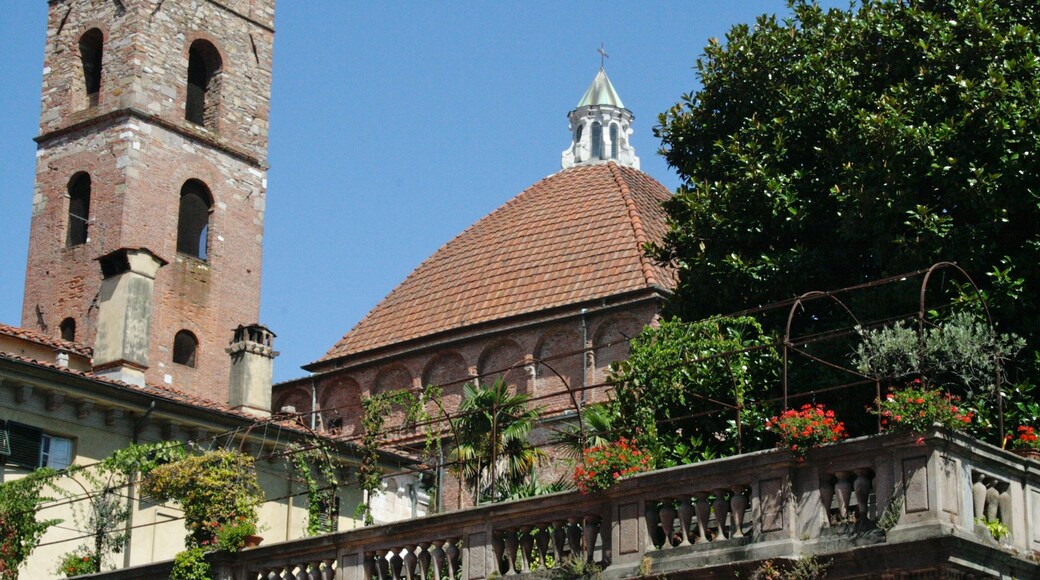Impressive historic buildings, Renaissance walls and a major role in the development of music distinguish this medieval city in northwest Italy.
Lucca is an unspoiled district of medieval towers, spacious plazas and cobblestone alleyways surrounded entirely by colossal walls from the Renaissance era. The city is recognisable by its distinct architecture with pastel-coloured structures and Romanesque churches.
Lucca’s walls were built to defend the city and were never penetrated. Now, expect to see joggers, walkers and cyclists on the green space atop the remnants of the walls. Stroll along the intricate network of elevated pathways, which run for 4 kilometres (2.8 miles), to get to know the layout of the city.
Take advantage of the vast pedestrianised areas to wander randomly through the quaint city of Lucca. Find yourself in the spacious and charming setting of the squares, such as Piazza Anfiteatro. It takes the shape of a Roman amphitheatre that once stood on this site.
Appreciate the fascinating history of Lucca in Piazza San Michele, where the 12th-century church of the same name resides. Take a peaceful stroll through the walled garden of Palazzo Pfanner, which dates back to the 1600s.
A few of the towers that dominated Lucca’s medieval skyline remain. Climb to the top of the Clock Tower (Torre delle Ore) and Guinigi Tower to appreciate panoramic vistas of the city.
Lucca’s proud musical heritage and traditions distinguish it. Tour Casa Natale di Giacomo Puccini to see the home where the famous opera composer and city native lived until he was 22. Attend one of his operas at the annual Puccini Festival in July and August.
If your repertoire is of a more modern variety, join the buzzing atmosphere at Piazza Napoleone during the Lucca Summer Festival. You will see some of the most famous names in pop music.
You can find Lucca 85 kilometres (52 miles) to the west of Florence and less than an hour from Pisa by car. Explore the Tuscan countryside while in the area.




